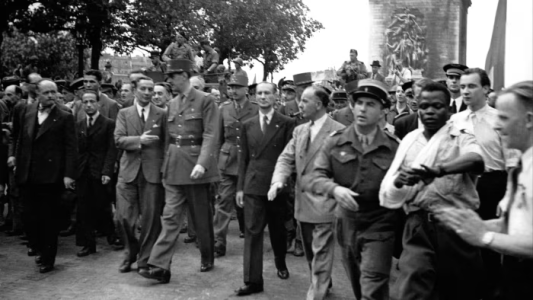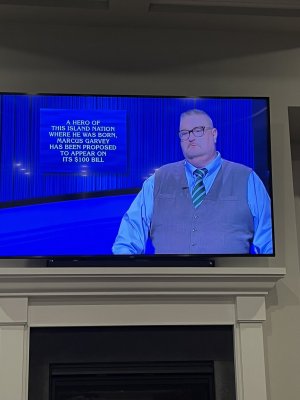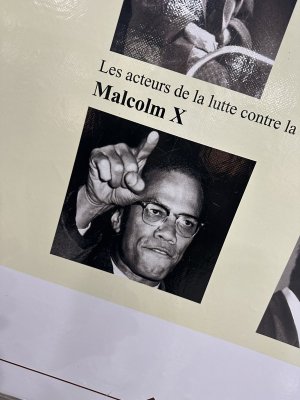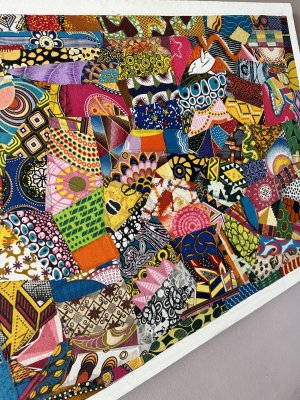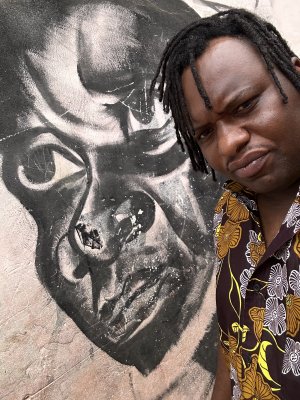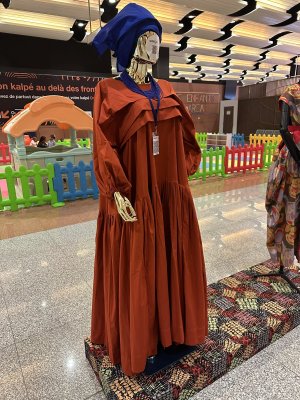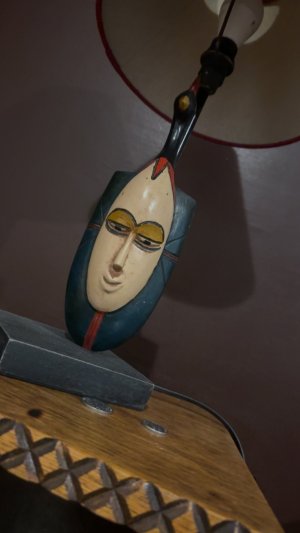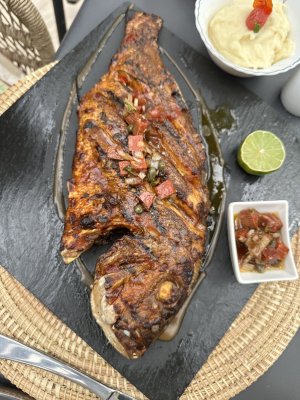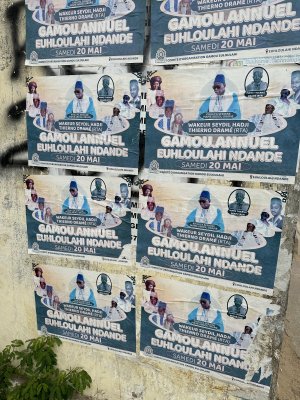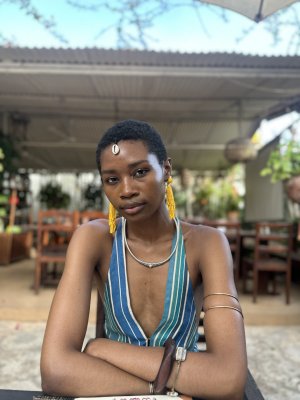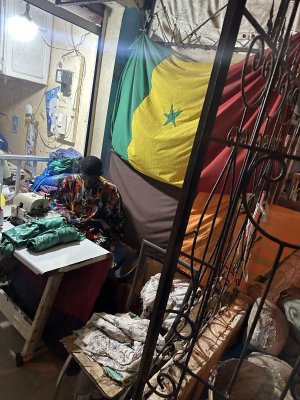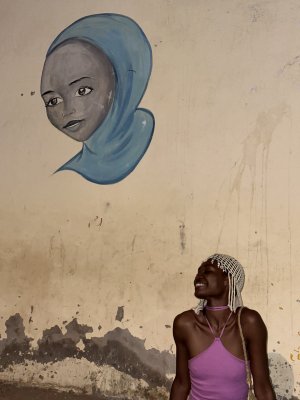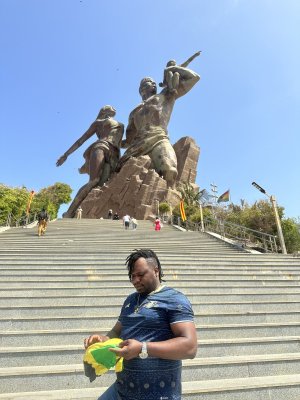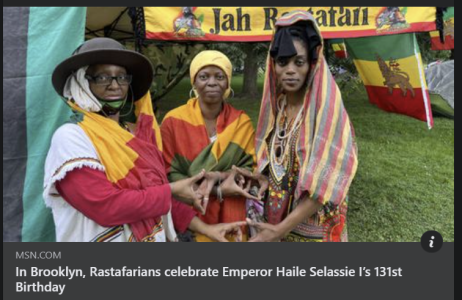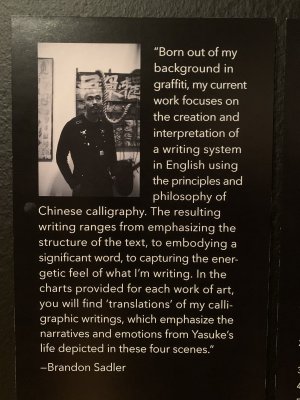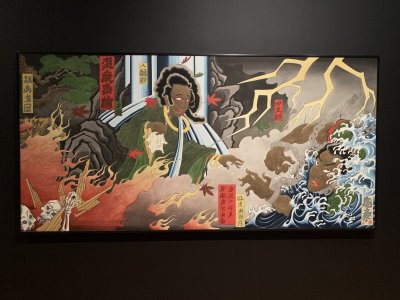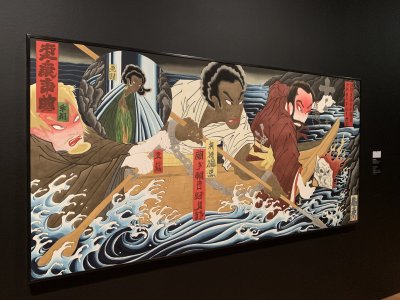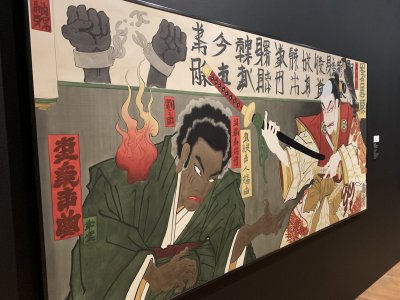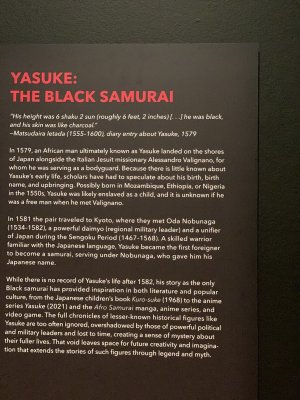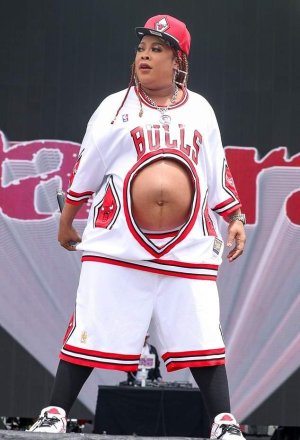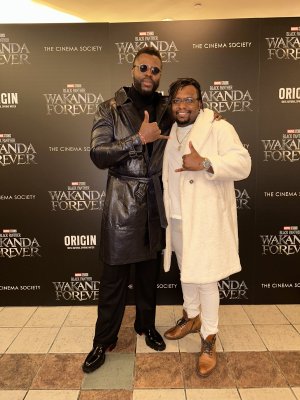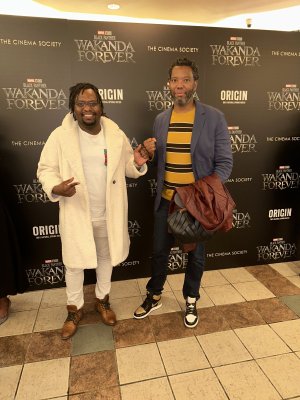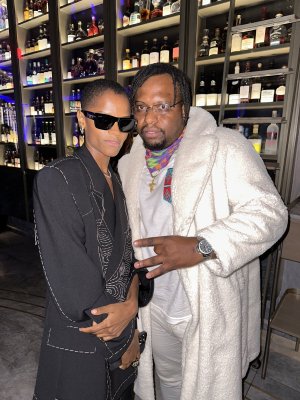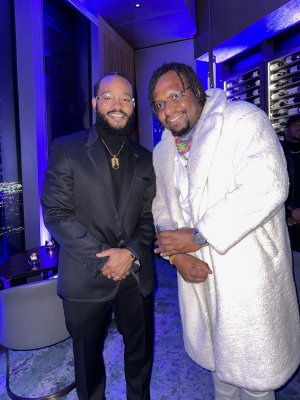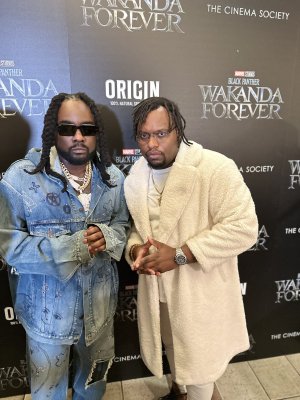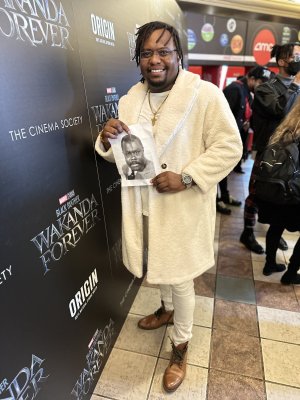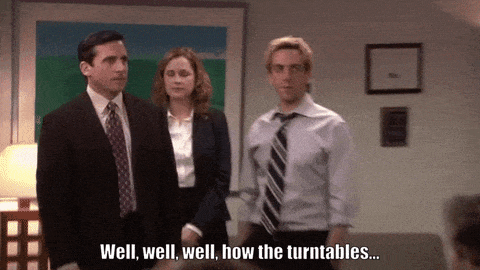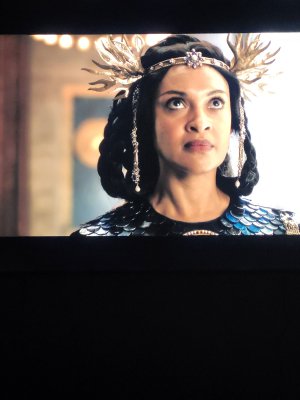SECRET DINNER
At 3 pm on Dec. 26, 1798, Joseph Bunel went to a private home in Philadelphia for a secret dinner with Secretary of State
Timothy Pickering and a few friends.
Bunel was a white, French-born merchant married to a free-black Creole. He supported the Haitian Revolution and became Louverture’s trade envoy. Over dinner, Bunel told Pickering and his guests that Louverture offered to protect U.S. shipping against privateers. In exchange, he wanted trade and diplomatic support.
Adams then got word of the offer and concluded he had to do something. Within six months, the United States and Saint-Domingue entered into a treaty that reopened trade.
But Adams did more than that. He had intelligence that the Dominguans had enough strength to win independence from France. So
Adams supported Toussaint Louverture with economic aid, arms, munitions and the U.S. Navy.
Louverture then faced a mutiny from
Andre Rigaud, his mixed-race rival who controlled the southern part of the island. In the spring of 1800, Adams sent five military vessels — the USS
Constitution, USS
Boston, USS
Connecticut, USS
General Greene and USS
Norfolk — to Louverture’s aid. It was the U.S. Navy’s first military action on behalf of a foreign ally.
American commanders planned joint operations with their multiracial Dominguan counterparts. They guarded the southern coast and bombarded a port town held by Rigaud.
The Navy brass also did something unusual: placed U.S. ships and crews under Dominguan command. White U.S.
Naval officers dined with black Dominguan officers, finding themselves in the racial minority.

















